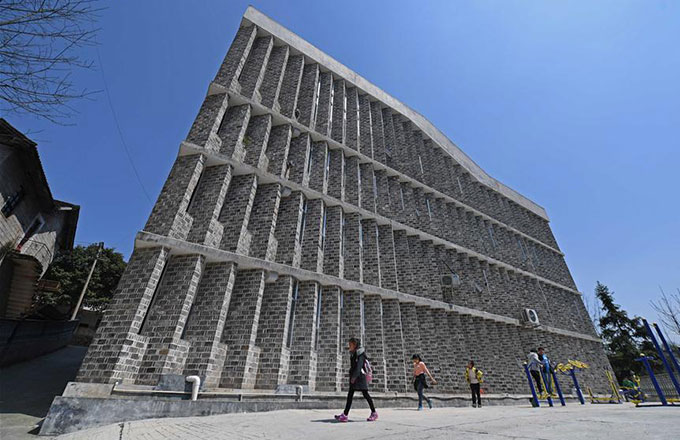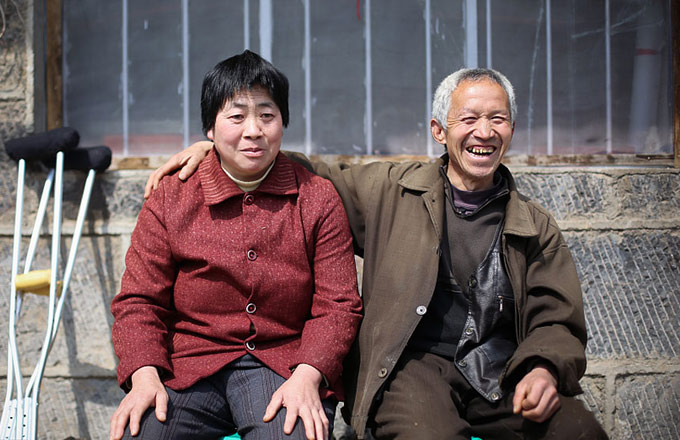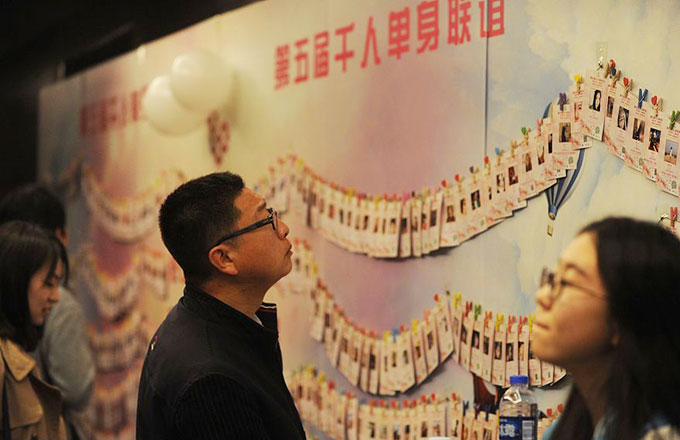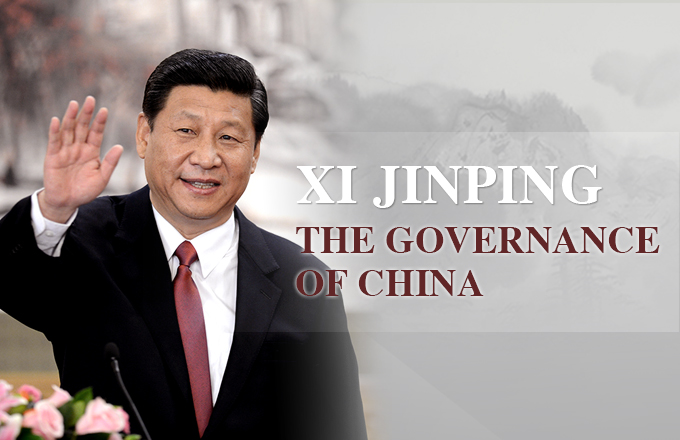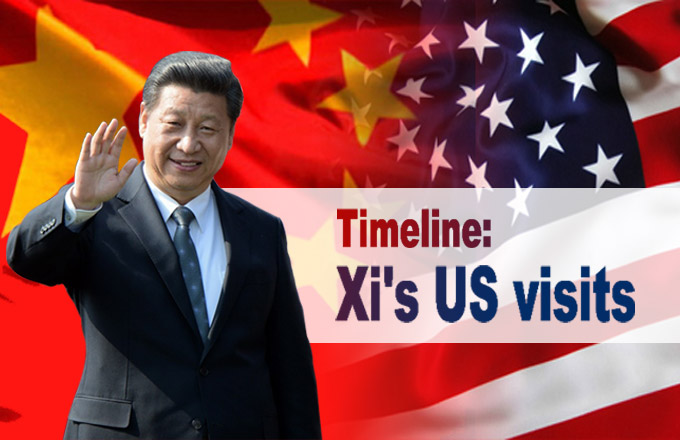Made in China gains recognition overseas
A Chinese company's rapid progress - just 10 months from project approval to the start of production - has been an eye-opener for many observers in Uzbekistan.
Last year, construction started on a plate glass manufacturing and deep-processing facility, entirely funded by China's Ming Yuan Silu Corp, in the city of Jizzakh. The first round of construction is expected to finish in May, when manufacturing will begin.
Li Xiangchen, president of Ming Yuan Silu, said the project in Jizzakh's Pengsheng Industrial Park, will be completed in September 2019. The facility includes five different types of production line, and completion will make the company the largest plate glass manufacturer in Central Asia.
"The cooperation with our Uzbek partner meets the demands of both sides," he said. "Sino-Uzbek relations are becoming closer under the framework of the Silk Road Economic Belt, and the market here is attractive. Also, the Uzbekistan government hoped we would locate the project here so local industries, such as mining, materials and energy, would benefit from Chinese investment."
Abdumalik Bektemirov, an Uzbek economist, said the standard of made-in-China products has improved vastly, from chasing quantity to achieving high standards of quality.
"Now, the Uzbek manufacturing industry is looking to develop its own made-in-Uzbekistan brand, and we need to learn from our Chinese partners," Bektemirov said. He added that light manufacturing has become a pillar industry and the country has recorded an annual rise of 8 percent in GDP in the past two years.
"Currently, most equipment for local companies is imported because Chinese machines are high-quality tools, so our factories always manufacture products quickly," he said.
"That's what we call 'Chinese Speed'," he added. "For example, the plate glass project brings pressure and motivation at the same time, and every one of us wants to work 100 times harder to demonstrate 'Chinese speed'."
The industrial park is the result of Sino-Uzbek cooperation, and has attracted investment from Chinese companies. Approved in 2013, the park has been upgraded to a free economic zone by the Uzbekistan government. In August, the Chinese government designated it as a nation-level overseas economic cooperation zone.
Currently, the park produces goods valued at more than $90 million a year and provides 1,300 jobs.
Ismatulla Bekmuratov, vice-chairman of the Uzbek-China Friendship Society, said China had commercial links with Central Asia 2,000 years ago, and history demonstrates the strong mutual trust between the countries.
The Belt and Road Initiative refers to the construction of the Silk Road Economic Belt and the 21st Century Maritime Silk Road. It is aimed at building a trade and infrastructure network to connect Asia with Europe and Africa.
Bekmuratov said China and Uzbekistan have strengthened their links since the initiative was proposed, and the Pengsheng Industrial Park is a typical example of cooperation.
Yu Xinhui, chancellor of the Shanghai Academy of Social Sciences, said the adoption of the initiative offers great potential, and to achieve greater progress, both sides should cooperate on production capacity by respecting each other's interests.



